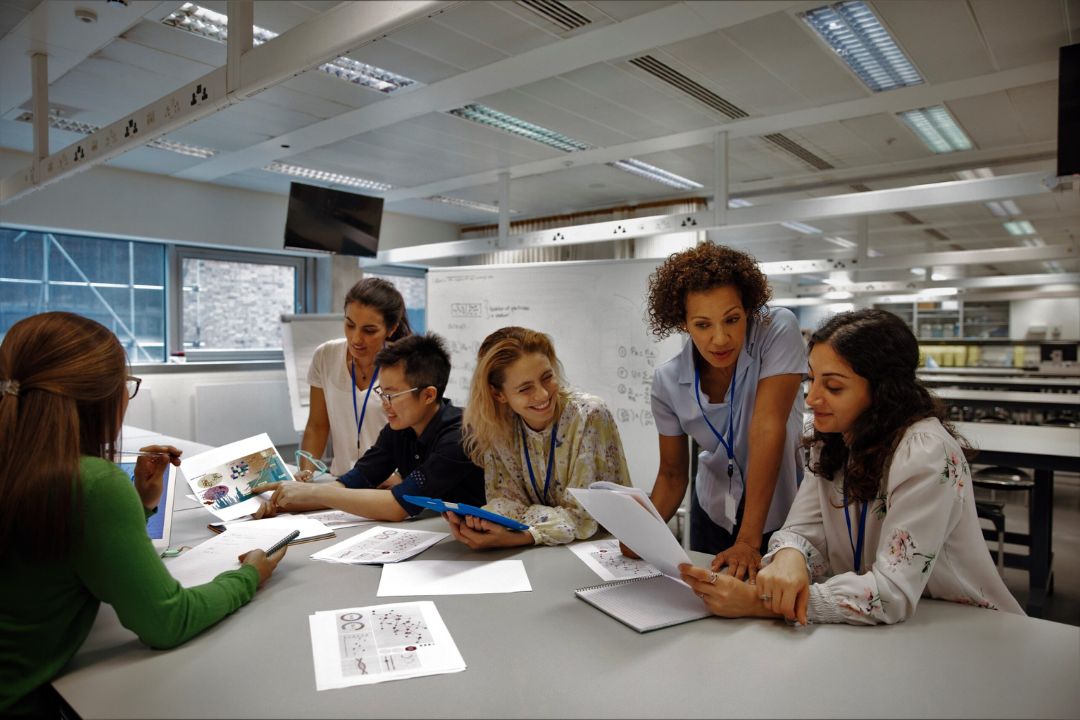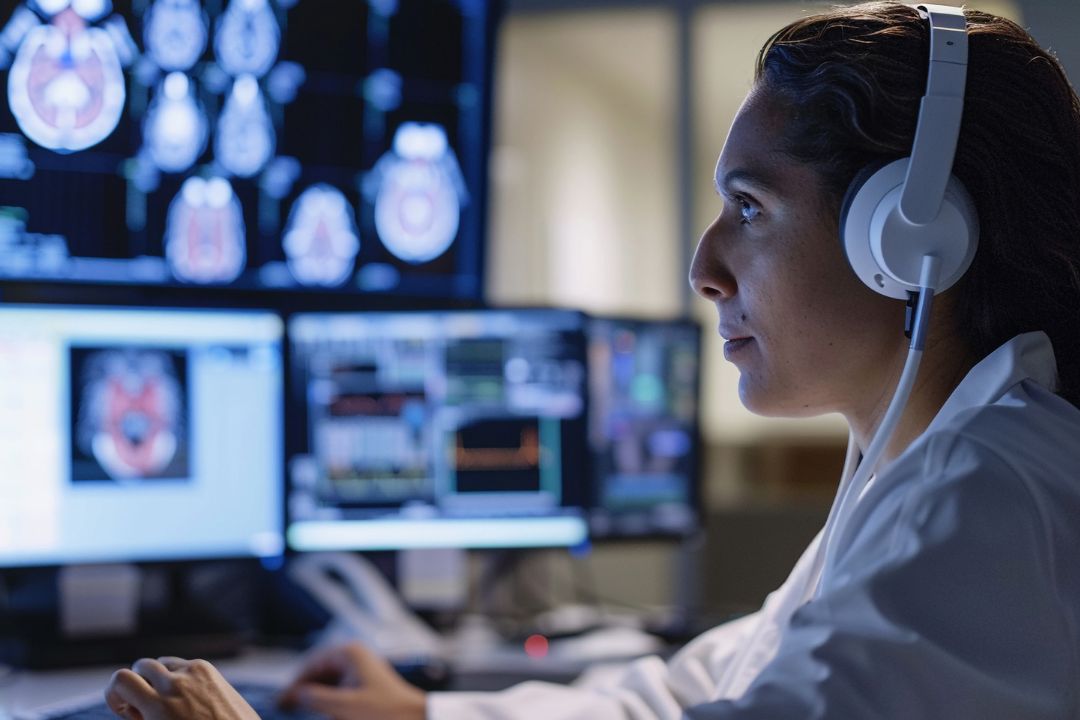29th September 2023
- ASSIST will develop and validate the first artificial intelligence-based solution for the early diagnosis and precise triage of acute myocardial infarction.
- The innovation project, led by Idoven, is the first one selected in EIT Health’s new Flagships call.
The consortium of the innovation project ASSIST, led by the Spanish startup Idoven, has secured 1.5 million euros in funding over two years from EIT Health, which is part of the European Institute of Innovation and Technology (EIT), a body of the European Union, to develop the first artificial intelligence-based solution for the early diagnosis and precise triage of acute myocardial infarction.
Every year, 4 million European citizens die from cardiovascular diseases (CVD)⁽¹⁾, and 20% of these deaths are caused by ischemic heart disease⁽²⁾. Among the most common forms of ischemic heart disease is acute myocardial infarction, commonly known as a heart attack.
“ASSIST addresses the leading cause of death for citizens of the European Union: cardiovascular diseases,” says Izabel Alfany, ad interim Managing Director of EIT Health Spain. “The project aligns with one of EIT Health’s four focus areas, leveraging the full potential of health data for innovation, using new and already existing structures to generate and validate the artificial intelligence tool.”
“The ASSIST project is a perfect example of how EIT Health supports start-ups and promotes innovation in healthcare through its calls and international projects, enabling innovative and disruptive solutions to reach the market and improve healthcare and the patient’s health,” Alfany adds.
Objective: improving the accurate diagnosis of heart attacks
The implementation of ASSIST is of paramount importance in the current healthcare context, marked by the progressive ageing of the population and an increasing prevalence of risk factors for acute myocardial infarction (3). The consortium’s goal is to improve the accuracy and reduce the diagnostic time for patients with suspected acute myocardial infarction, with the support of the use of a technological platform called Willem, which employs artificial intelligence models. Through these advancements, the ASSIST project aims to achieve a reduction in mortality rates for patients with acute myocardial infarction, as it has been shown that mortality decreases proportionally with the reduction in diagnostic time until intervention, especially in urgent cases (acute myocardial infarctions with ST-segment elevation) (4).
Dr Manuel Marina Breysse, cardiologist, and CEO of Idoven, explains, “Willem, our cloud-based artificial intelligence, will facilitate the optimization of patient detection and prognosis from a single platform integrated into the routine clinical practice of the infarction code, resulting in up to a 67% reduction in the time taken to make a diagnosis, starting from the patient’s first medical contact with the emergency medical service.”
By speeding up the diagnostic process and improving communication between clinical agents, ASSIST will contribute to more efficient use of healthcare resources and enhance the quality of treatment patients receive. “We estimate that just three years after the project’s completion, we will be able to reach more than 1.2 million patients with suspected acute ischemic heart disease, resulting in more than 1,400 lives saved and leading to cost savings of over 74 million euros for the participating healthcare regions,” concludes Dr Marina.
ASSIST is the first innovation project selected by EIT Health in its new Flagships call, which opened to all ecosystem actors last September, aiming to promote the development and adoption of digital health solutions, maximize the potential of health data, adopt new value-based healthcare models, and strengthen the European health industry.
Under the leadership of Idoven, the ASSIST consortium is composed of leading international institutions in the sector: Leiden University Medical Center (LUMC, Netherlands), Universidade NOVA de Lisboa, the Inter-American Society of Cardiology (IASC), which includes 28 of the world’s leading scientific societies in cardiology (such as the American Heart Association, the Brazilian Society of Cardiology, the Mexican Society of Cardiology, and the Spanish Society of Cardiology), the Madrid Health Service (SERMAS), the Foundation for the Biomedical Research of the Gregorio Marañón Hospital, the Foundation for Biomedical Research of La Paz University Hospital (IdiPAZ), the Catalan Institute of Health (ICS), the Germans Trias i Pujol Research Institute (IGTP), the Hospital Clínic de Barcelona, the Foundation for Primary Care Biomedical Research and Innovation (FIIBAP) (which includes the Medical Emergency Service of the Community of Madrid – SUMMA 112), the Josep Trueta Biomedical Research Institute of Girona (IDIBGI), and the Clínic Foundation for Biomedical Research – August Pi i Sunyer Biomedical Research Institute (FRCB-IDIBAPS).
New article lays framework for DMD evaluation in EU

An EIT Health-led article published in Nature.
New data shows AI innovation needs skills beyond coding

The largest live dataset of AI start-up talent analysed.
Europe's top health start-ups take centre stage: EIT Health Catapult winners are revealed at HLTH Europe

2025 Catapult programme winners announced.
